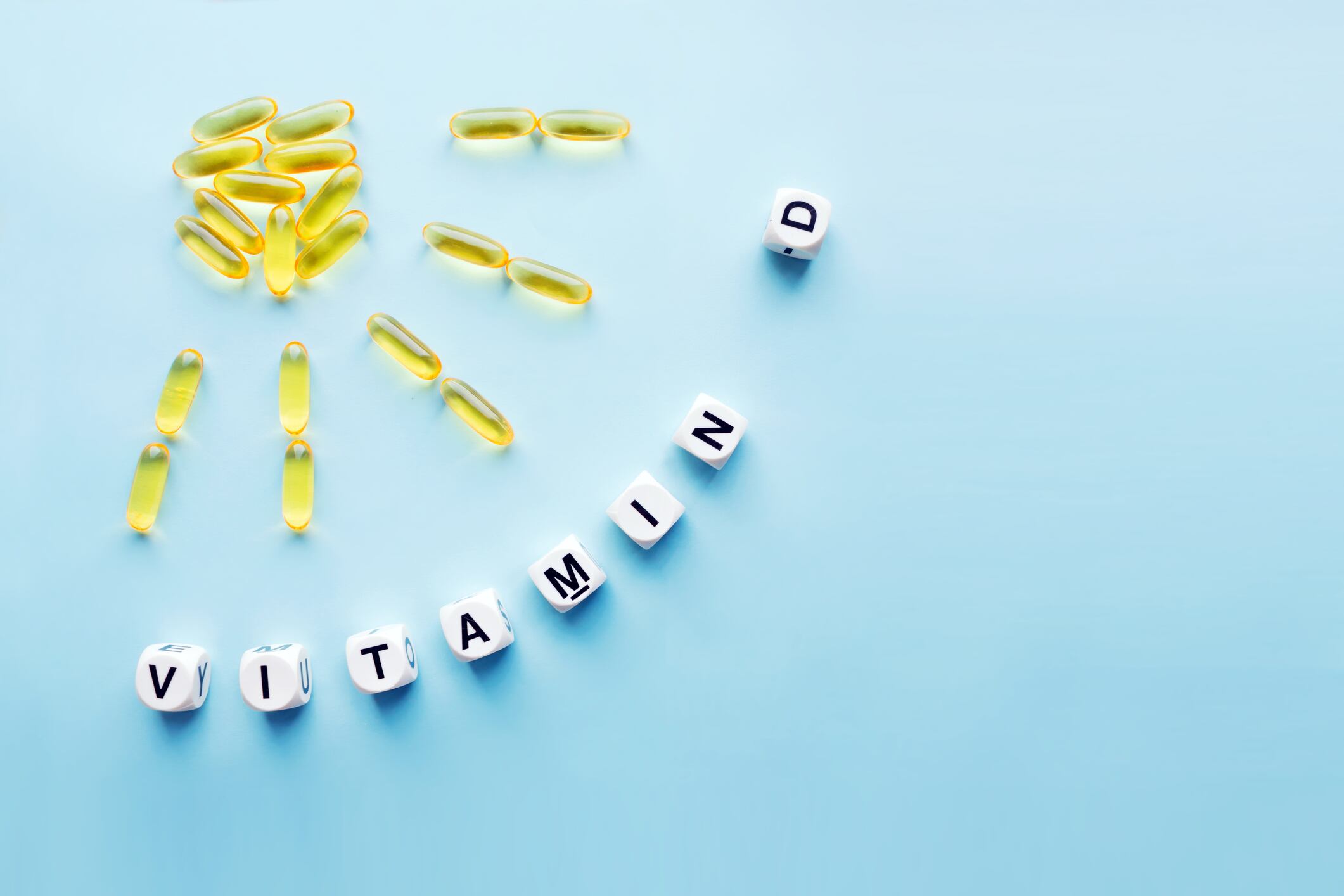There were no significant differences in the magnitude of the blood pressure-reducing benefits of 800 IU per day or 2,000 IU per day, but the higher dose was found to decrease variability in systolic BP. High short-term variability in blood pressure has been linked to damage to the heart, kidney and blood vessels.
“In this trial, a 2-y course of 2000 IU vitamin D/d did not show a greater benefit or harm in terms of BP reduction compared with a standard dose of 800 IU vitamin D/d among adults aged ≥60 y following total unilateral knee replacement,” wrote scientists from University Hospital Zurich, the University of Zurich, Tufts University, Harvard School of Public Health, the University of Basel, and Brigham and Women’s Hospital in the American Journal of Clinical Nutrition.
“Notably, both treatment groups experienced a significant and similar reduction in day, night, and 24-h systolic and diastolic BP. Only in a post hoc analysis, 2000 IU compared with 800 IU appeared to be significantly more effective in decreasing systolic BP variability by nearly 0.5 mm Hg, consistent with a 4.4% decrease.”
The sunshine vitamin
The study adds to the ever-growing body of science supporting a myriad of benefits of the vitamin.
Vitamin D refers to two biologically inactive precursors - D3, also known as cholecalciferol, and D2, also known as ergocalciferol. Both D3 and D2 precursors are transformed in the liver and kidneys into 25- hydroxyvitamin D (25(OH)D), the non-active 'storage' form, and 1,25-dihydroxyvitamin D (1,25(OH)2D).
While our bodies do manufacture vitamin D on exposure to sunshine, the levels in some northern countries are so weak during the winter months that our body makes no vitamin D at all, meaning that dietary supplements and fortified foods are seen by many as the best way to boost intakes of vitamin D.
Study details
The data used in this study was obtained from the randomized, double-blind, ancillary trial of the Zurich Multiple Endpoint Vitamin D Trial in Knee Osteoarthritis. The study, which did not include a placebo group, included adults aged at least 60 years old who underwent elective surgery due to severe knee osteoarthritis.
Data was analyzed from 250 participants randomly assigned to receive either 2,000 IU or 800 IU per day of vitamin D3 for two years.
Results showed that both groups experienced significant reductions in blood pressure and there no significant differences between the groups.
However, when the researchers looked at the systolic BP variability, a significant reduction was observed in the high dose group, compared to the low dose group.
“In order to further explore BP control with regard to achieved 25(OH)D status, our observational study suggested that a target concentration of 28.7 ng/mL may be associated with maximal BP reduction, independent of treatment dose,” they wrote.
“This study corroborates a plethora of cross-sectional and cohort analyses demonstrating low 25(OH)D status to be associated with elevated systolic BP and hypertension. However, whether low 25(OH)D concentration contributes to the risk of hypertension remains unclear,” they added. “While prospective studies have demonstrated poor 25(OH)D status to be associated with high systolic BP, incident hypertension, and adverse cardiovascular events, there is an ongoing debate as to whether low 25(OH)D concentrations cause incident hypertension or whether vitamin D supplementation can help in the treatment of hypertension.”
The researchers added that several trials – some using high dose vitamin D – have not found an effect from vitamin D supplementation for reducing blood pressure in hypertensives individuals.
“Our study further suggests that, rather than the dosage of vitamin D supplementation, maintaining a moderate concentration of serum 25(OH)D might be most important,” they said.
Source: American Journal of Clinical Nutrition
Published online ahead of print, doi: 10.1093/ajcn/nqaa145
“Effect of daily 2000 IU versus 800 IU vitamin D on blood pressure among adults age 60 years and older: a randomized clinical trial”
Authors: L.A. Abderhalden et al.




